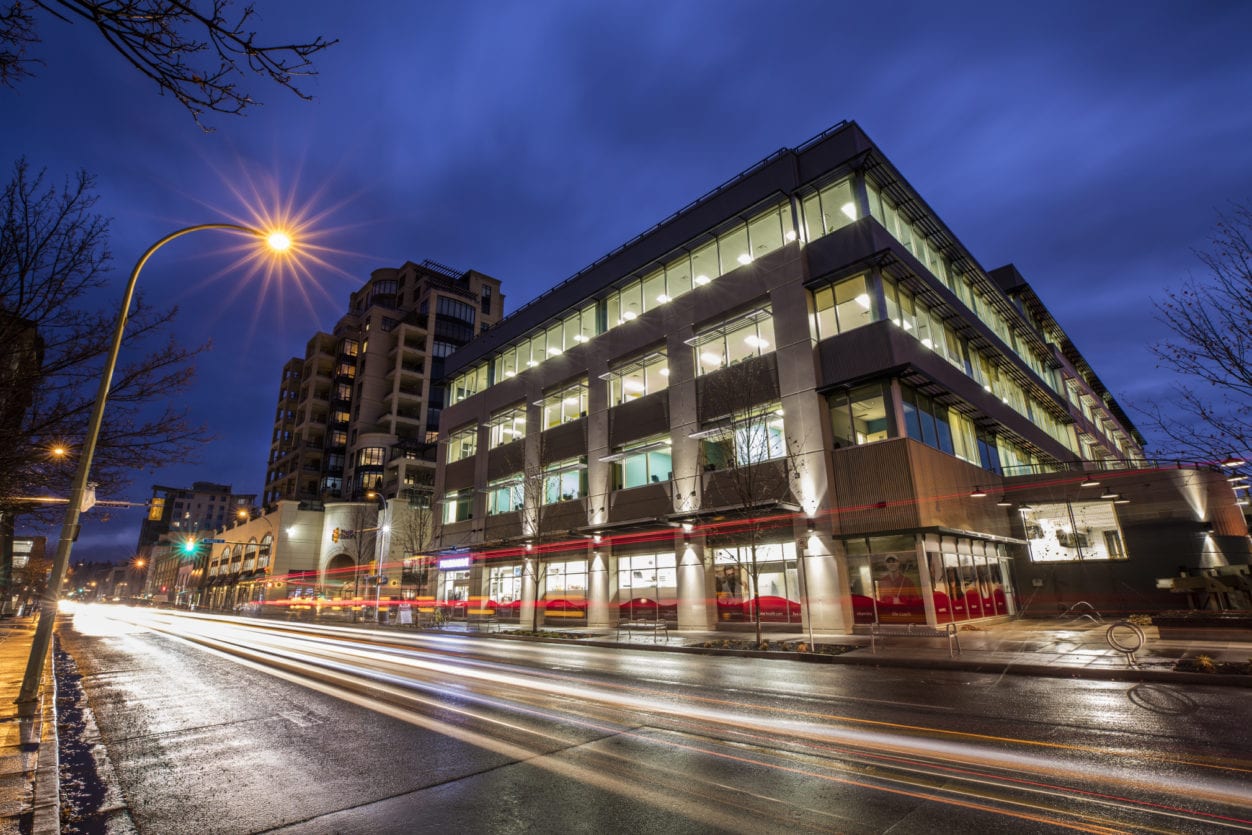Even before a person commences a lawsuit, they begin to incur expenses to gather evidence and eventually prosecute their claims. The further down the litigation path a person travels, the more a person incurs as legal costs and out of pocket expenses. When a matter is resolved, either by Judgement after a trial or as a result of a negotiated settlement, the successful party is usually paid what are called “taxable costs and disbursements”. Costs are a small contribution to the amount that the successful party pays as legal fees. Disbursements are to reimburse the successful party for most, although not all, of their reasonably incurred out of pocket expenses in prosecuting or defending a lawsuit. Boring subject you may think; but costs make a difference in whether you can afford a lawyer, how much you receive as a successful Plaintiff or the losses you may suffer even as a successful defendant.
Costs, as they currently exist, are assessed based on a menu or tariff. For each specific step in a lawsuit the successful party is awarded a set number of units, and each unit is worth $110.00. For example, if the party who is entitled to costs had to conduct a one day examination for discovery of another party, that party, if ultimately successful in their lawsuit is awarded 4 units for preparing for the discovery and 8 units for conducting the discovery. Thus, they are awarded $1,320.00 (plus taxes).
Recently, there has been a bit of a storm over the issue of costs. Until the spring there was a Rules Committee, whose members were judges of the Supreme Court, a master, senior members of the Bar, and some government officials. These people, who intimately know the challenges and problems with the justice system, reviewed the issue of costs and determined changes were needed. Essentially those changes would have resulted in higher amounts of money being paid to the successful party as costs. Higher costs would have meant that a successful Plaintiff would put more of their award in their pocket and not pay as big a part of their award to their lawyer, and a successful defendant would be closer to being in the place he was before being sued – not out of pocket as much to hire the lawyer to defend him. The government approved those changes and an Order in Council was made in January 2016 to have the new costs tariff go into effect July 1, 2016.
The Attorney General of BC then announced that she was reversing the Order in Council and that the new tariff was not going to be put in effect. The entire Rules Committee quit on mass in protest. Their considered opinion ignored. The reason given by the AG was that ICBC had complained that it would cost them too much. ICBC handles a lot of lawsuits, and has to pay costs frequently, since they insure all the motoring public in BC, including of course, all of the at fault drivers. ICBC’s position was that the additional cost to them would result in the premiums having to go up on all policies. This raises a number of questions though. Was ICBC not consulted before the Rules Committee made their recommendations? Should it be the burden of injured successful Plaintiffs to subsidize the premiums of the motoring public, by recovering lower costs? Are parties whose lawsuits have nothing to do with motor vehicle accidents to pay more out of their pockets as unrecovered legal fees so that the users of the road can pay smaller premiums? At the moment, with nothing further from the AG, the answer to the last two questions is apparently ‘yes’.
The information provided above is for educational purposes only. This information is not intended to replace the advice of a lawyer or address specific situations. Your personal situation should be discussed with a lawyer. If you have any questions or concerns, contact a legal professional.
